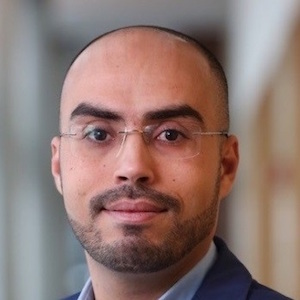Bio
Dr. Mohammed Masbah is a fellow at the African Institute for Peacebuilding and Conflict Transformation (AIPECT), Rabat, Morocco. He is also the director of the Moroccan Institute for Policy Analysis (MIPA), and is currently an associate fellow at Chatham House (UK). Dr. Masbah obtained his PhD in Sociology from Mohammad V University in Rabat and is a political-sociologist whose work centers on Salafism, political Islam, authoritarianism, and youth movements, with a focus on North Africa. He was a non-resident scholar at the Carnegie Endowment for International Peace, Washington D.C., and a fellow at the German Institute for International and Security Affairs (Stiftung Wissenschaft und Politik, SWP) in Berlin.
His recent publications include, “Rise and Endurance: Moderate Islamists and Electoral Politics in the Aftermath of the ‘Moroccan Spring’” in Islamists and the Politics of the Arab Uprisings: Governance, Pluralisation and Contention (Edinburgh University Press, 2018), and “The Limits of Morocco’s Attempt to Comprehensively Counter Violent Extremism,” a brief for the Crown Center for Middle East Studies (2018).

